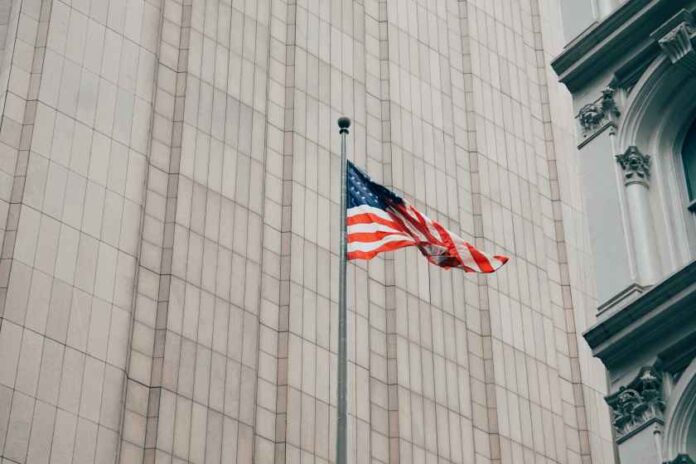Labour Crisis From US Immigration Create Challenge for Hotels and Tourism
Overview of the Current Landscape
The US hotel industry is grappling with a significant labour crisis, exacerbated by a crackdown on foreign-born workers. For years, industry advocates have campaigned for expanded immigration pathways to alleviate the mounting staffing shortages impacting hospitality. With over 1 million job vacancies in the hotel sector, the recent tightening of immigration policies poses serious challenges, threatening the recovery of both the hotel industry and the broader tourism sector.
On June 13, 2025, then-President Donald Trump announced plans for an immigration order intended to alleviate labour shortages in various sectors, including hospitality. However, just days later, reports indicated no immediate changes on the horizon, reflecting a complicated and uncertain policy environment.
The Importance of Immigration in the US Hotel Industry
In 2024, the travel and tourism sector was a lifeline for 15 million US workers, with approximately 8 million directly involved in hospitality. Notably, immigrants comprised nearly one-third of the workforce in this sector, filling critical roles in housekeeping, kitchen services, and more. Despite their essential contributions, hotels are struggling to find enough American workers willing to take up these roles, especially temporary positions that often attract higher turnover rates.
The leisure and hospitality sectors have been particularly susceptible to high quit rates, consistently hovering around or above 4% since July 2022. As a result, hotel operators are increasingly reliant on foreign-born workers to fill positions that would otherwise remain vacant.
Rising Vacancies and Lobbying Efforts
According to a 2024 survey by the American Hotel and Lodging Association (AHLA) and Hireology, approximately 71% of hotels with open positions reported difficulty in filling them, despite extensive recruitment campaigns. This persistent labour shortage has prompted the AHLA and the US Travel Association to intensify their lobbying efforts in Congress for more comprehensive immigration pathways.
A key focus of these efforts has been the expansion of the H-2B visa program, which allows for temporary work visas for non-agricultural roles, crucial to the hospitality industry. A recent legislative move allowed the Department of Homeland Security to adjust the cap on these visas, contingent on worker availability, promising some relief for the industry.
Executive and Union Views on Immigration Reform
Top executives from major hotel chains like Marriott and Hilton have voiced their concerns over the ongoing staffing shortages and the urgent need for immigration reform. Hilton’s CEO Chris Nassetta highlighted these issues at the Americas Lodging Investment Summit in January 2025, stressing that the situation remains critical.
“Workforce issues have been a persistent challenge for years,” Nassetta stated, confirming that there is an immediate need for comprehensive immigration solutions. Unions like Unite HERE, which represents hotel workers, have also expressed concerns regarding increasingly restrictive immigration policies. Their continued advocacy aims to challenge existing regulations that limit who can work in the US, reflecting a broad coalition of voices calling for a reassessment of current immigration practices.
Impact on US Tourism and the Global Market
The workforce shortages in the US hotel sector are already affecting tourism, with many popular destinations experiencing service disruptions. With stricter immigration policies, the implications may reach beyond domestic travel, threatening the US’s status as a premier destination for international visitors.
Major tourist cities such as New York, Las Vegas, and Orlando heavily rely on foreign-born workers to maintain high service standards. A shortage of these workers could result in diminished service quality, leading international tourists to seek alternative destinations with reliable hospitality options.
Moreover, tightening immigration policies may influence global perceptions of the US, causing international travellers to reconsider their travel plans based on the evolving political landscape regarding cultural inclusivity and immigration.
Looking Forward: Solutions and Uncertainty
As lobbying efforts continue, the future of immigration reform in the US remains cloudy. Industry leaders are hopeful for positive developments that would ease the ongoing staffing crisis. However, unresolved issues related to visa limitations and labour shortages threaten to stifle the hotel industry’s growth.
As the global tourism sector emerges from the pandemic, the US must find solutions to its workforce challenges to sustain its competitive edge internationally. The resolution of the immigration debate will have far-reaching consequences not just for the hotel industry but also for the broader tourism landscape, which relies on a capable workforce to provide the top-tier service expected by millions of visitors each year.
